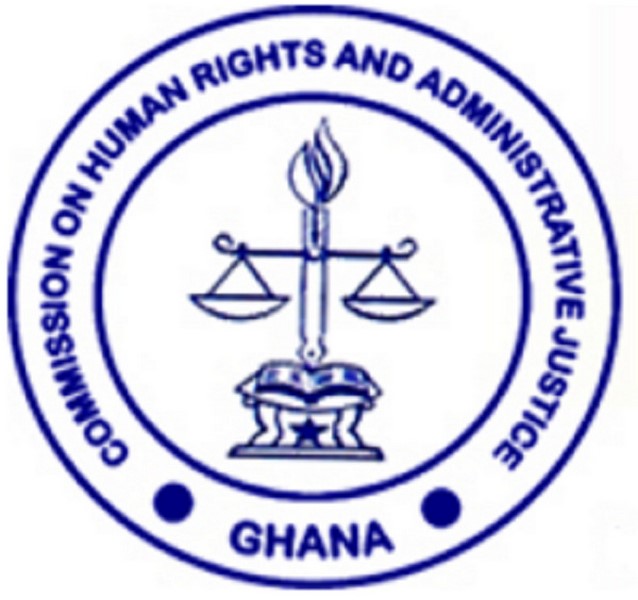The Commission on Human Rights and Administrative Justice (CHRAJ) has urged public officers of the new government and the members of the ninth Parliament to take immediate steps to equip themselves with the Constitutional Code of Conduct.
The Commission also urged them to declare their assets in accordance with law before taking office.
In a New Year Message, Mr Joseph Whittal, Commissioner of CHRAJ, called on the government to take steps to prioritise the passage of the Conduct of public officers bill.
It said public officials were to eschew all forms of unethical behaviour such as conflict of interest, abuse of power and corruption.
The statement said against this expectation, the Commission
wished to draw public officers’ attention to the obligations imposed on them under Chapter 24 of the 1992 Constitution (the Constitution) titled, “CODE OF CONDUCT FOR PUBLIC OFFICERS.”
Article 284 stipulates that “A public officer shall not put himself in a position where his personal interest conflicts or likely to conflict with the performance of the functions of his office.”
A “conflict of interest” refers to a situation where a public official’s personal
interest conflicts with or is likely to conflict with the performance of the functions of
his/her office Closely related to conflict of interest is compliance with Declaration of assets and liabilities under Article 286 (1) of the Constitution and Public Office Holders
(Declaration of Assets and Disqualification) Act, 1998 (Act 550).
Article 286(1) provides that “A person who holds a public office mentioned in clause(S) of this article shall submit to the Auditor-General a written declaration of all property or assets owned by, or liabilities owed by, him directly or indirectly – (a) within three months after the coming into force of this Constitution or before taking office, as the case may be;(b)at the end of every four years; and (c) at the end of its
term of office.”
The Commission noted that from experience, Public Officers had either treated the Code of Conduct with contempt or as in the case of new public officers simply ignorant of same thereby occasioning all manner of unethical conduct and behaviour.
The statement said the concept of Administrative Justice deals with how administrative bodies and officials exercised public power in a manner consistent with the law establishing them, other laws, and the Constitution.
Article 23 of the Constitution provides that
“Administrative bodies and administrative officials shall act fairly and reasonably and comply with requirements imposed on them by and persons aggrieved by the
exercise of such acts and decisions shall have the right to seek redress before a court or other tribunal. “
It said it was worthy to mention that Ghana and other jurisdictions, including Australia and Namibia had elevated administrative justice from a common law right referred to as “right to natural justice” to a constitutional/fundamental human right status.
The statement said that failure to do so would attract consequences for the administrative body and officials.
“It, therefore, must be emphasised that administrative justice as a constitutional
imperative should constitute a key guiding principle of the Ghanaian administrative State, going forward,” it added.
It entreated all public institutions to always ensure the legality and lawfulness of their decisions and actions.
On fundamental human rights and freedoms, it said Ghana had also ratified several international human rights instruments to further demonstrate its resolve to respect, protect and fulfill human rights.
It said the Constitution enjoined the Executive, Legislature, and Judiciary and all other organs of government and agencies to uphold and defend human rights.
Particularly, article 12(1) states that “the fundamental human rights and freedoms
enshrined in this Chapter shall be respected and upheld by the Executive, Legislature and Judiciary and all other organs of government and its agencies and where applicable to them, by all natural and legal persons in Ghana…”.
It said this provision together with article 37 under the Directive Principles of State Policy envisaged a society where human rights took centre stage in socio-economic
development.
The statement said this was even more crucial at a time when human rights were increasingly under attack and the rights of vulnerable groups were treated with contempt.
It said to engender an equitable, safe and peaceful society that wished to remind
all persons in Ghana that human rights were to be respected and protected by all organs and agencies of State as well as all non-state actors as envisaged under the
Constitution.

